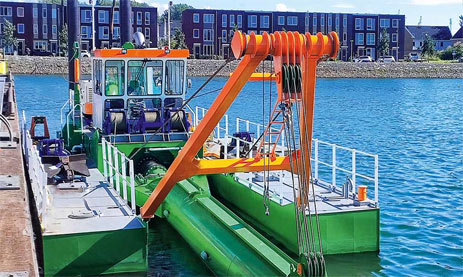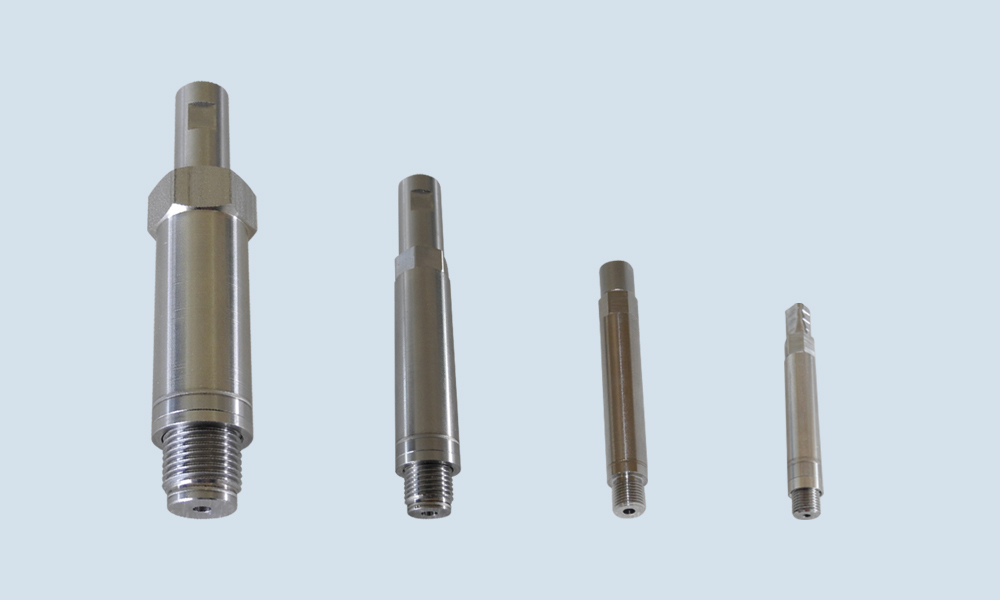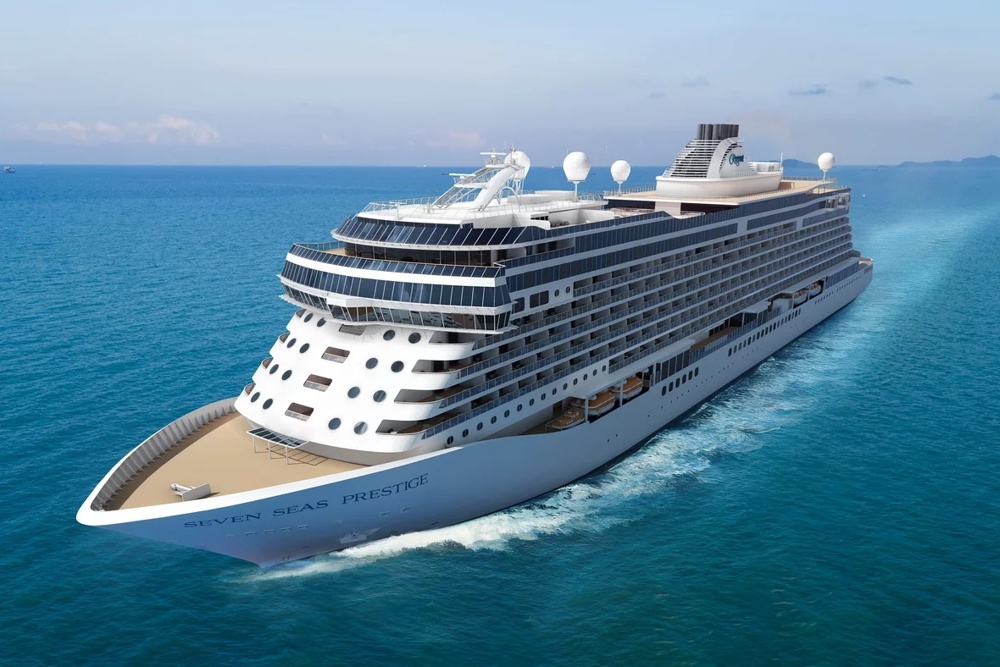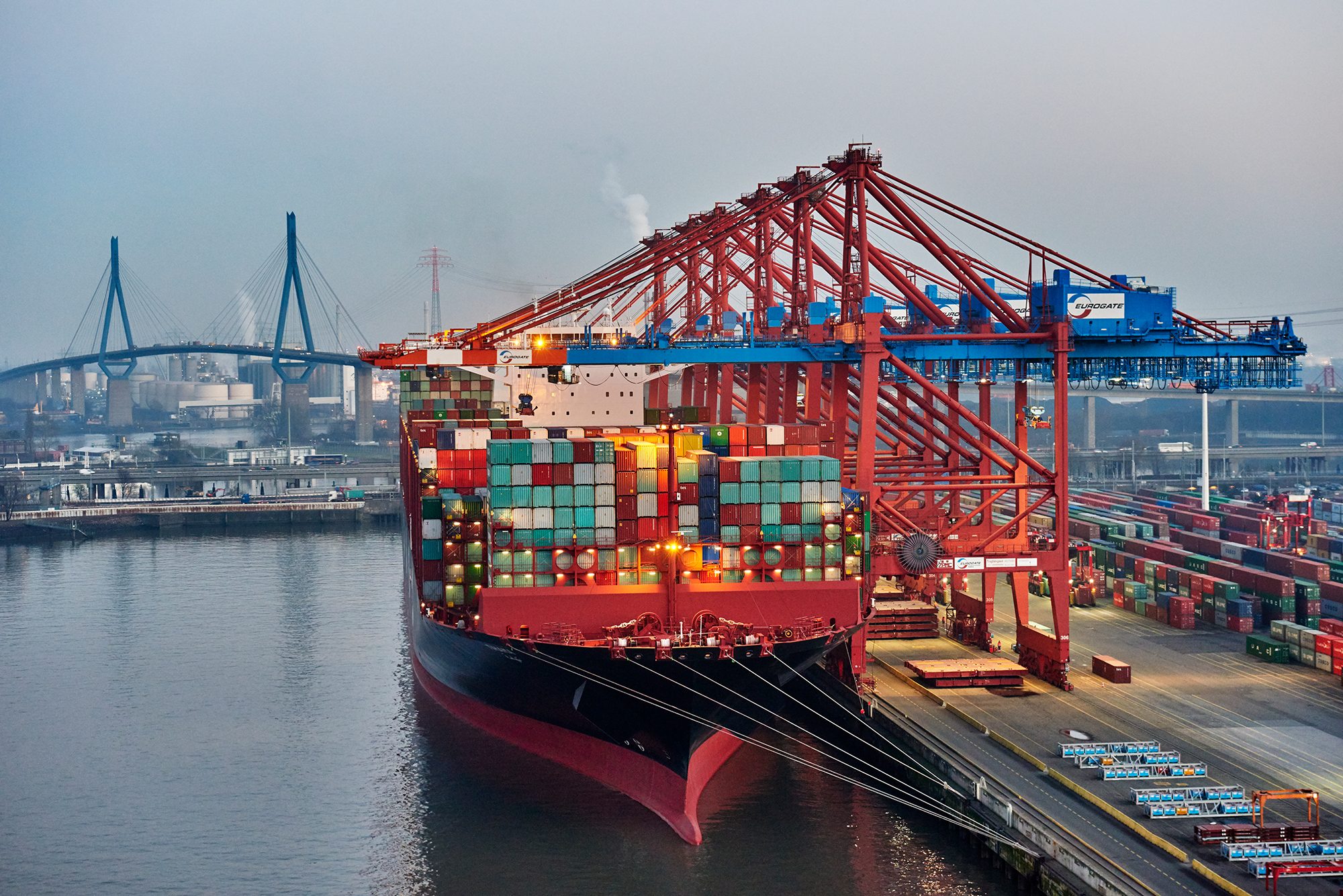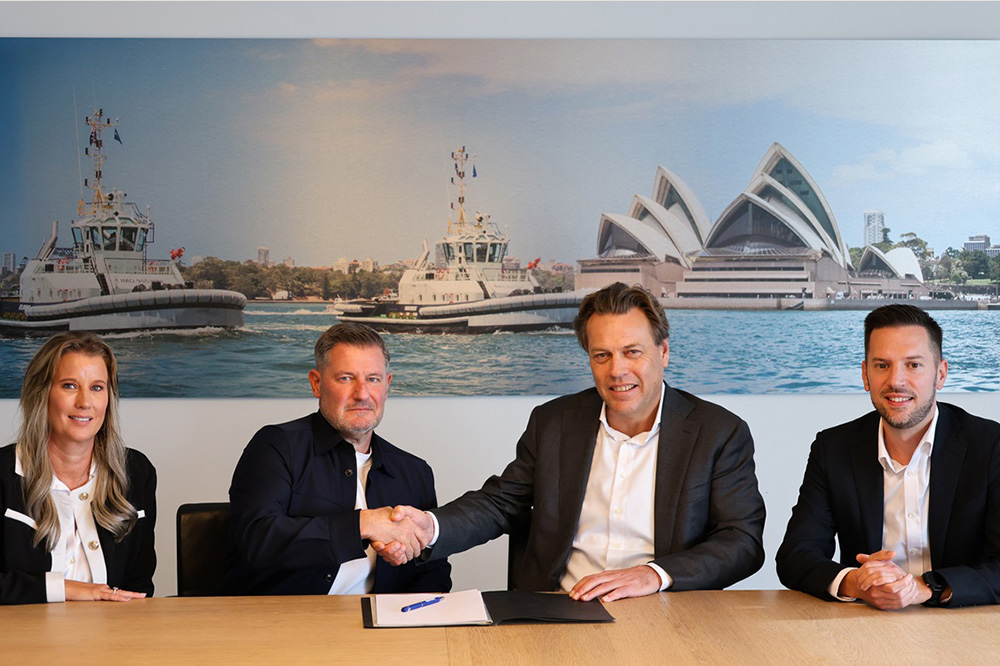The British port of Portsmouth has commissioned ABB to supply shore power systems for ferries and cruise ships.
The system is part of Portsmouth International Port’s Sea Change project. As part of this project, a shore power system is to be developed, built and operated for the port’s three busiest berths[ds_preview].
The system will supply two ferry berths – each with five connection points – and a further berth shared by ferries and cruise ships. The system is scheduled to be installed in the fourth quarter of 2024 and ready for operation in the second quarter of 2025.
By enabling ships to switch off their engines at the berth, carbon dioxide emissions from ships moored there are expected to be reduced by an estimated 20,000 tons per year from 2027, according to ABB.
ABB’s scope of supply
ABB’s full scope of supply for the shore connection system includes a 16 MVA ACS6080 drive with shunt filter, medium-voltage switchgear, power factor compensation, transformers, E-houses, cable management systems and automation. In addition, ABB will provide installation, cabling and commissioning services, while Portsmouth International Port will also benefit from a three-year maintenance contract.
“With the Sea Change project and ambitious emissions reduction targets, Portsmouth International Port is taking a proactive approach to environmental sustainability,” says Marcus Martelin, Head of Decarbonization Services, ABB Marine & Ports. “Being selected as the technology supplier for this UK government-funded project is a privilege and reflects our reputation as a trusted provider of shore connections for clean port operations.”
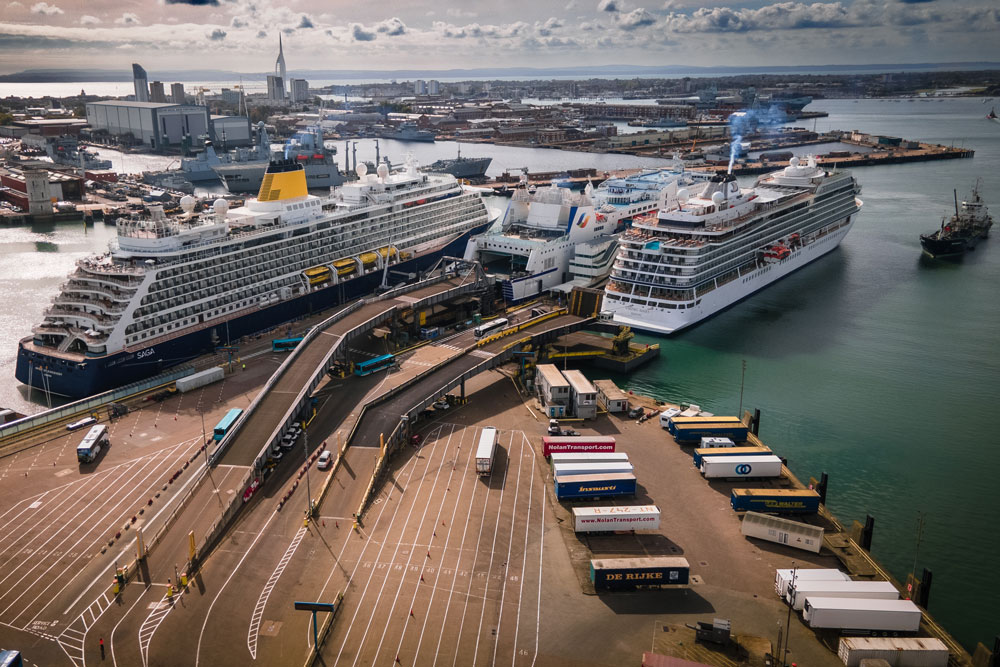
Two LNG-electric ferries to be launched
As part of the project, the port’s largest customer, Brittany Ferries, will introduce two new LNG-electric hybrid ferries in 2025, which will be the largest vessels of this type in the world. Alongside Portsmouth International Port and Brittany Ferries, ABB will join a consortium of academics, shipping specialists and some of the UK’s most exciting technology SMEs to deliver the project. The University of Portsmouth, MSE International, B4T, IOTICS and Swanbarton will contribute technology and expertise that will support Sea Change and make it an attractive and scalable solution that can be used by ports at home and abroad.
Sea Change is part of the ZEVI (Zero Emissions Vessels and Infrastructure) competition, launched in February 2023, funded by the UK Government and delivered in partnership with Innovate UK. As part of ZEVI, the Department for Transport has committed more than £80 million to ten flagship projects, supported by 52 organizations from across the UK, to deliver real-world R&D demonstration projects for clean maritime solutions. The projects will take place in a range of locations from Orkney to the South West of England.
ZEVI supports the “Net Zero” target
ZEVI is part of the UK Shipping Office for Reducing Emissions (UK SHORE), which focuses on clean maritime technologies that can be rapidly scaled up to decarbonize the UK’s domestic maritime sector. In March 2022, the Department announced the largest ever government investment in the UK’s commercial shipping sector, allocating £206 million to UK SHORE, a new department within the Department for Transport focused on decarbonizing the maritime sector. UK SHORE is delivering a series of actions over the period 2022-2025 aimed at accelerating the development, manufacture and operation of UK-made clean maritime technologies and enabling an industry-led transition to net zero.










